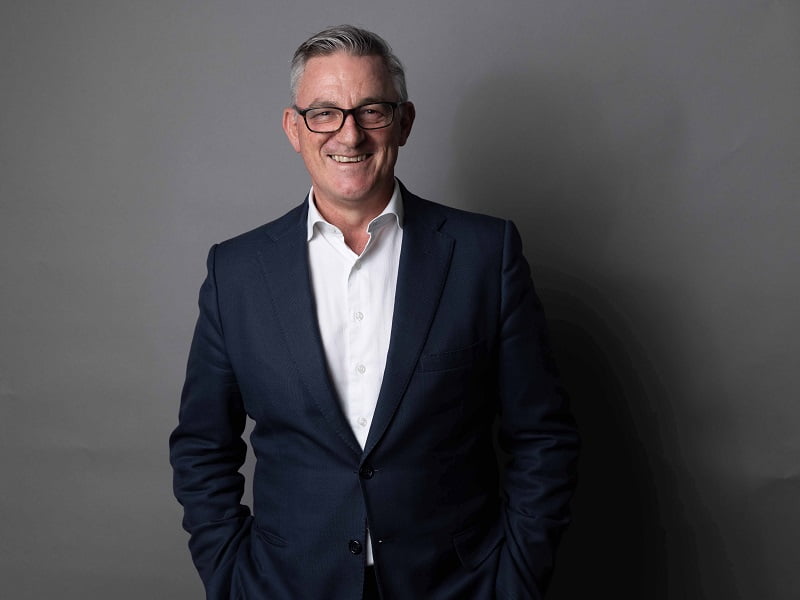More than 400km above Earth is a lab on the International Space Station that uses quantum technology to study the building blocks of nature.
Scientists use lasers to cool the atoms to the lowest known temperatures in the universe to study their fundamental physical properties in ways that would not be possible on Earth. This cold atom method developed by US technology leader ColdQuanta condenses the atoms by reducing their movement. Their temperature is a measure of kinetic movement.
The cold atom technology that underpins ColdQuanta’s developments allows quantum computers to be operated without cumbersome infrastructure, such as dilution refrigerators. Some competing quantum technologies require such cryogenic devices to provide the cool temperatures critical to their operation.
The science is complex and difficult to explain to wider audiences. But the quantum nature of these cooled subatomic particles has enormous potential.

Applications include quantum sensing, which harnesses the quantum properties of matter to improve navigation and measurement, and quantum communications to create more secure communications channels.
This will enhance GPS-level positioning accuracy without satellites, medical devices that can detect changes far more accurately than currently available, or online security protection from the most sophisticated attempts to illegally obtain personal or sensitive information.
Quantum technology’s firepower is all about scale – using elementary particles to address complex global challenges like sustainability, cybersecurity, financial security and drug development.
In short, this era-defining technology could profoundly change the way we live, work and travel.
But quantum breakthroughs require significant long-term investment and commitment.
That is why Breakthrough Victoria will invest $29 million in global quantum leader ColdQuanta. The investment will expand Victoria’s expertise in this specialist field and further develop our workforce so that we can more effectively compete on the quantum world stage.
Breakthrough Victoria manages a $2 billion fund set up to strengthen Victoria’s leadership in innovation. Digital technologies is one of the five priority sectors we target with our investments because of their potential to scale up, generate commercial returns and create real world solutions to improve lives and solve complex challenges.
This investment will help fund an Asia-Pacific quantum computing and technology centre called the ColdQuanta – Swinburne Quantum Technology Centre. This centre will act as a gateway and facilitator of research into quantum technologies for the broader Victorian quantum community. Staff at QTC will collaborate and complete exchanges with ColdQuanta R&D Centres in the US (University of Colorado) and in the UK (Oxford University).
The centre will develop joint projects aimed at generating new commercial products, software and services leveraging Victoria’s expertise in this area.
One of the major challenges facing the quantum technology sector is the lack of a qualified workforce. New programs will be developed to educate and train the next generation of workers to advance quantum information science, which includes STEM (science, technology, engineering, math) and related fields.
The CSIRO has upgraded projections for Australia’s quantum technology industry, estimating it has the potential to support 19,000 new jobs and generate $6 billion in annual revenue by 2045.
Ambitions to build an Australian quantum economy are already taking shape. Victoria aims to play a major part in this ambition, bringing together industry, researchers and the investment community to become a global quantum player.
Success will depend on a strong talent pipeline combined with government and private sector investment to develop quantum breakthroughs, scale them up and secure our quantum sovereignty.
Grant Dooley is the inaugural chief executive of Breakthrough Victoria.
Do you know more? Contact James Riley via Email.
